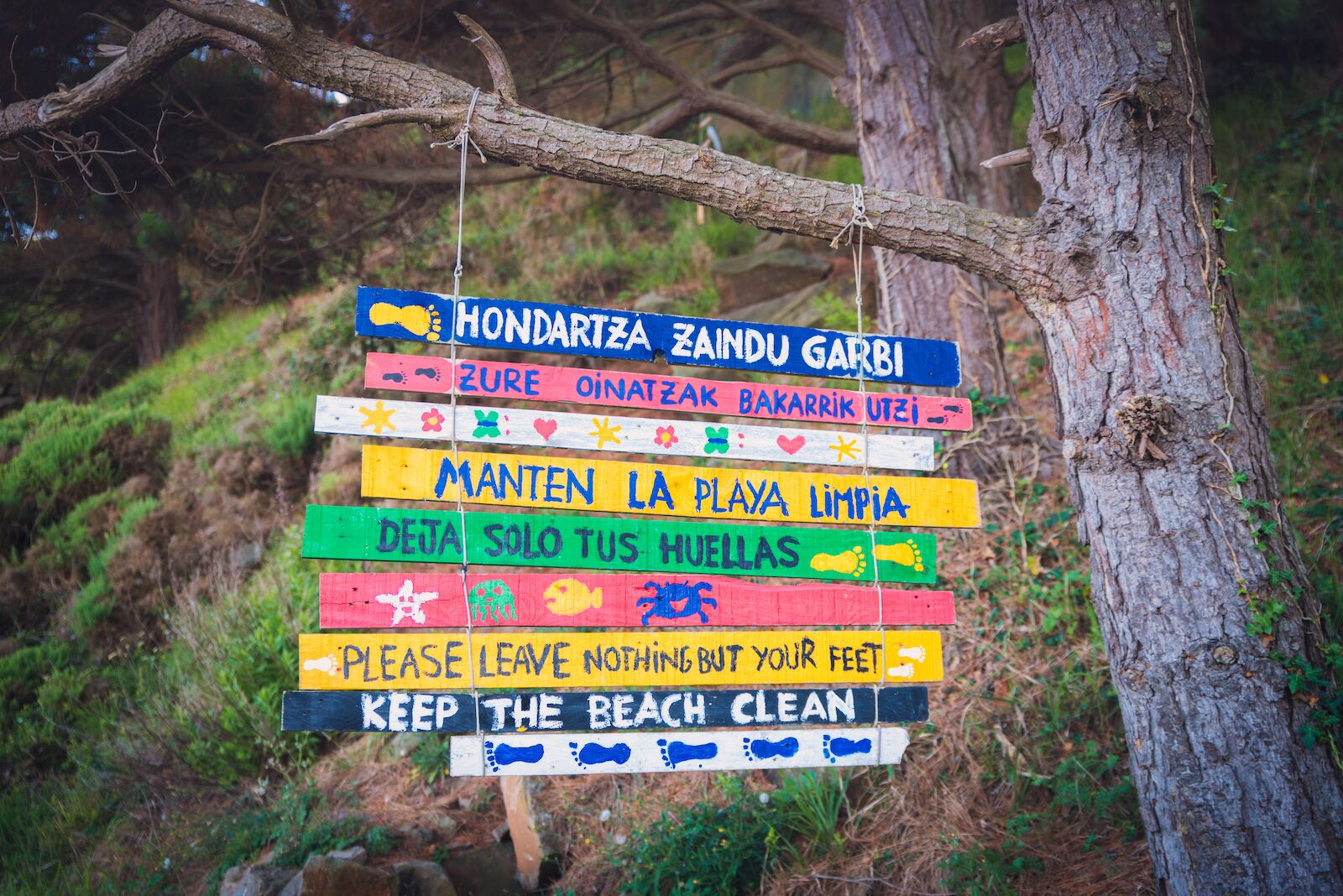Spain is an odd fellow. Where Portugal — its western neighbor — is solidly monolingual save for a handful of remote villages, and France’s once-thriving linguistic landscape has all but faded into oblivion, Spain treasures an impressively vibrant language diversity.
Today, two in ten Spaniards speak a language other than Spanish at home. Quite an accomplishment keeping in mind that, from 1939 to 1975, the military dictatorship led by General Franco banned languages like Galician, Basque, Asturian, or Catalan. The country underwent a crackdown on linguistic diversity so severe that people were forced to legally change their first and last names to their Castilian language equivalent. During those years, informal teaching networks sprouted in places like Catalonia or the Basque countries to keep literacy in Catalan and Euskara alive.

